In a recession what EDA company would invest in philanthropy?
Actually, many EDA companies have a long-term vision to be philanthropic and encourage a love for science in our younger generation. This month I was invited by Mentor Graphics to attend an event at OMSI, the Oregon Museum of Science and Industry. There is a new exhibit all about the process of designing things, so Mentor Graphics is one of the sponsor exhibits.

A local semiconductor company Triquint was also an exhibit sponsor.
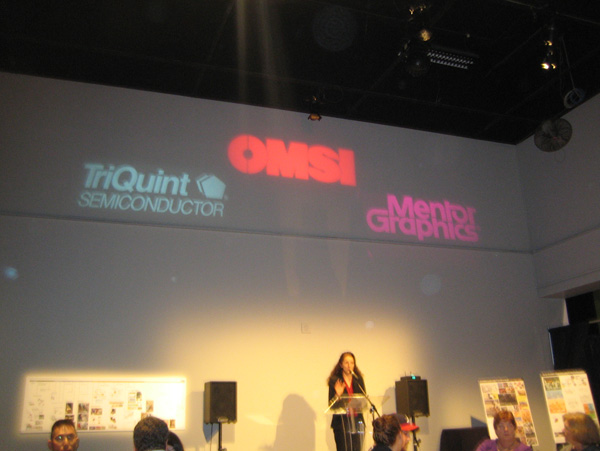
I was really hoping to see something about IC design or EDA software in the Design exhibit, but alas the focus was more on the process of designing and creating in non-electronic ways. Hey OMSI, let’s showcase some of our high-tech resources here in the Silicon Forest.
Gordon Vreugdenhil, the Director of Architectural Initiatives for ModelSim was at the event and we chatted a bit.
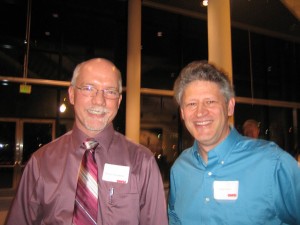
I was fascinated to learn that ModelSim and other RTL simulators don’t really exploit multi-core CPUs. What struck me as odd was that SPICE simulators have figured out how to exploit mult-core CPUs to enable simulation speed ups, so why not RTL simulators? I kind of thought that digital simulators would be easy to exploit parallel processing compared to analog simulators. Hmm, sounds like an opportunity to me, especially since Synopsys has multi-core in their VCS simulator.
Cadence has a charitable side too, with the annual Stars & Strikes to raise money.
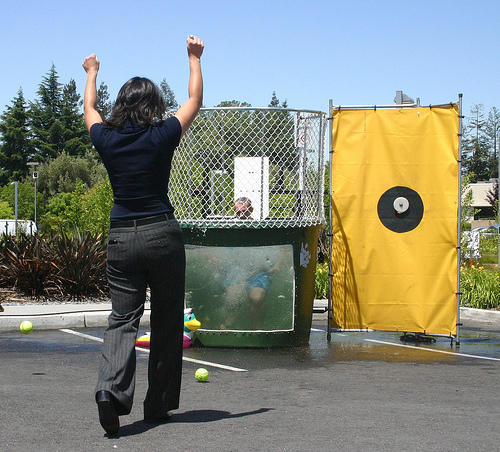
Synopsys encourages volunteers to help charities world-wide.

Finally, Magma is charitable across many events:
- Stars & Strikes (Cadence event)
- Local food banks
- Toys for Tots
- Disaster relief (Iran earthquake, Puket tsunami)
- Active military duty assistance
- Relay for Life (American Cancer Society)
- Myeloma Research Fund
- Daughter of Erach Desai, cancer fundraiser
(Thank you Nanette Collins and Milan Lazich at Magma for an update)
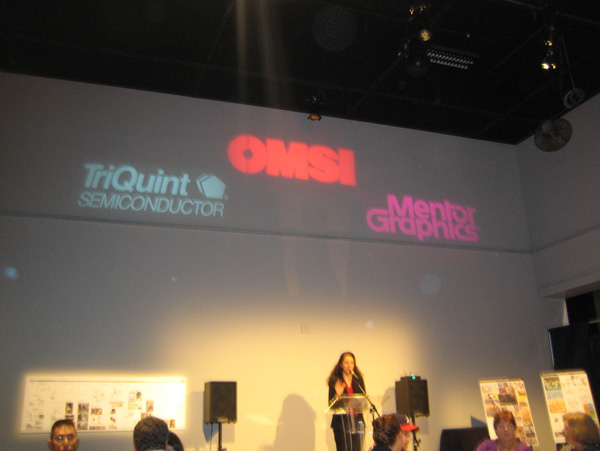
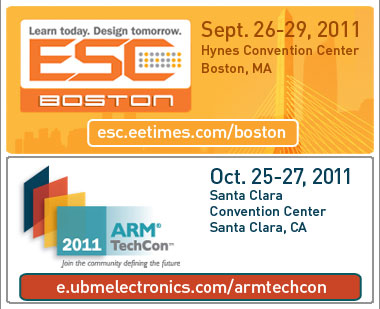

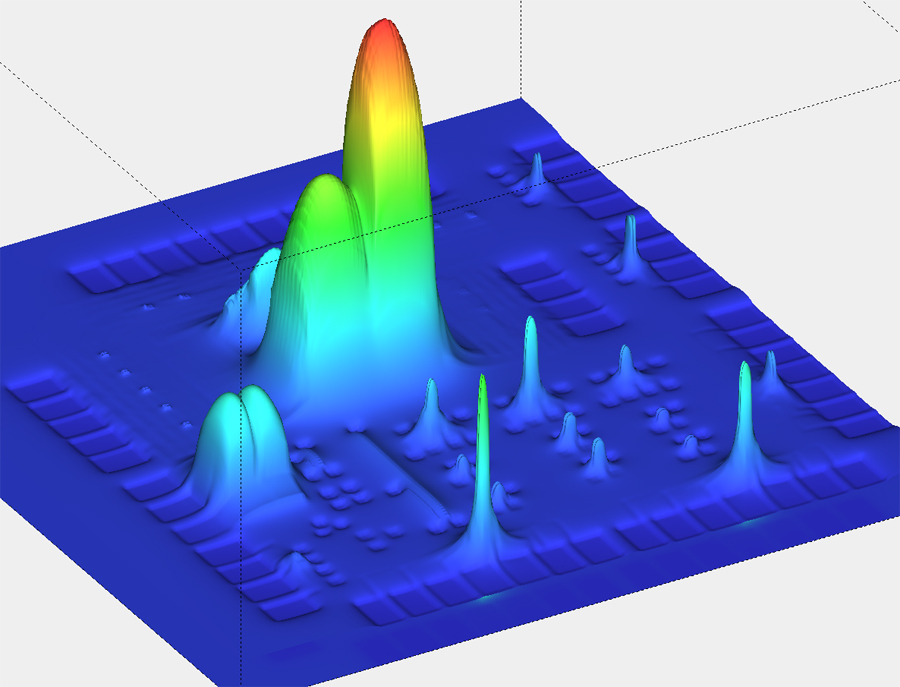
Daniel – are you not forgetting that digital simulation has been taken to the extreme of parallelism? An emulator, such as Palladium, is in effect thousands of small machines and the design is spread across them. Communications is handled in a much better way than standard machines are capable of because processors only communicate through memory – which is way to slow, and RTOSs place too many heavy burdens on inter process communications. As we see more of the sea of processors and network on chip types of processors emerging, then you may have a better architecture for parallel digital simulation in the mainstream.
Brian Bailey – keeping you covered
Brian,
Good point about emulators, but what about RTL and TLM simulators? Why no parellelism with ModelSim?
To speed up RTL simulation do we need to leave the general purpose CPU with multi-cores and instead embrace something like a GPU?
Digital simulation has been on the to-be-parallelized list for many years. I knew of people at Mentor and Intel who worked on it…for years…many academics also.
It is one of those hard to parallelize problems, as only a sparse number (very small percentage of the circuit) of elements are active at any given time, and you can’t tell which ones they are going to be!
From a circuit point of view, this is also true for analog circuits, but there, the current parallelization speedup technology happens by parallelizing the solver for the differential equations driving the circuit.
That said, you are right that digital/discrete simulation deserves another look, with modern hardware and software technology. In particular, an example would be the application compiler prediction methods. By massively producing both right and wrong simulation traces that are then culled for only the right answers, a speed up can be achieved.
Alan,
Thanks for the follow up, it helps to validate that we both see an opportunity to speed up digital simulation using the ubiquitous multi-core processors.